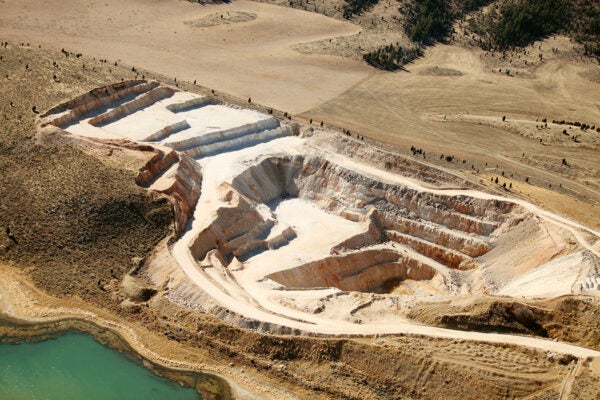Environmentalism as we in the U.S. typically think of it began in the nineteenth century, when nature lovers began to draw attention to the loss of wild land and to call for conservation. Later, secular, scientifically grounded voices, from Rachel Carson to Bill McKibben, sought to reverse the destructive results of exuberantly deployed modern technology.
But as environmental sociologist Md Saidul Islam writes, that’s just one historical track that environmental impulses have run along. He argues that there is also a different kind of “old” environmentalism that predates industrialization. In particular, he points to what he terms the Islamic Ecological Paradigm. This view is rooted in the words of the Koran, which guarantees equal rights to non-human creatures and makes kindness to animals an “article of faith” for Muslims.
“There is not an animal in the earth, nor a creature flying on two wings, but they are nations like you,” as one Koranic verse puts it.
In the twentieth century, Moroccan-born cleric Mufty Imam Tajuddin H. Alhilaly applied the words of the Koran to argue against factory pollution of oceans and air, which encroach on nature and harm living things.
“The earth is our first mother,” Alhilaly wrote. “Therefore it has certain rights over us.”
Over the centuries, Muslim scholars enshrined the idea of hima—a protected zone. Islamic law addresses the use of water resources and land use. It also forbids the cutting of useful trees.
“Many Muslim countries now set aside certain wild areas that cannot be developed or cultivated,” Islam writes. “These have become modern wildlife reserves.”
Of course, not all Muslims or Muslim-majority nations prioritize ecological goals, but Islam points to a growing movement that elevates these concerns. One intellectual leader in this area is Islamic philosopher Seyyed Hossein Nasr, who argues that the European Enlightenment displaced an earlier cosmology of natural balance with a human-centered worldview.
“Nasr sees the environmental crisis as a spiritual crisis,” Islam writes. “He does not want to see Islam exhausting itself in the observance of rites and rituals, but instead taking a personal responsibility for the world.”
Weekly Newsletter
Among the efforts to do just that are growing U.S.-based local groups like DC Green Muslims, as well as environmental movements in countries with large Muslim populations. In Zanzibar, for example, an Islamic-based conservation guide created in 2008 promotes sustainable fishing practices. Meanwhile, the African Muslim Environment Network has used zakat charitable payments to fund environmental education and sustainable development projects. More than 400 mosques in the Malaysian state of Terengganu have also joined together to support turtle conservation and fight poaching.
While these projects often draw on the scientific and organizational support of secular environmental groups, Islam writes, they reflect a different, rich history and tradition.







